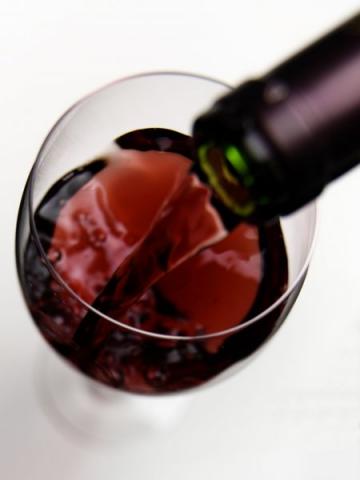PHA reinforce sensible drinking in Alcohol Awareness Week

Recent health figures show that 20% of adults surveyed admitted to drinking over the weekly alcohol limits (1) so the Public Health Agency (PHA) is using Alcohol Awareness Week (14-20th November) to reinforce the importance of drinking sensibly and staying within safe alcohol limits.
Government guidelines on safe drinking are 21 units per week for males and 14 units per week for females. Staying within these limits is important as excessive and binge drinking can lead, in the short term, to increased risk of accidents, antisocial behaviour, impact on relationships, unplanned pregnancy. Longer term it can damage the liver, heart, brain and stomach, not to mention the other human costs, and costs to the economy and society as a whole.
Owen O’Neill, PHA Health and Social Wellbeing Improvement Manager and Drugs and Alcohol Lead, said: “The Department of Health, Social Services and Public Safety’s drinking limits are in place to encourage the public to develop safe and sensible drinking habits. However, these recent figures highlight that not everyone is adhering to these limits. It is crucial that those who do decide to have a drink do so in moderation and stick to the recommended limits to prevent any long or short term damages”.
The message is clear, if you drink, remember to be smart and enjoy alcohol within safe limits. People should follow the recommended daily alcohol intake. These are:
Men:
No more than 3 to 4 units of alcohol a day and no more than 21 units over the course of the week.
Women:
No more than 2 to 3 units of alcohol a day and no more than 14 units over the course of the week.
Examples of units:
- Can of extra strong lager - 4 units
- Bottle of lager - 1.5 units
- Pint of standard lager - 2.5 units
- Pint of premium larger - 3 units
- Small pub bottle of wine - 2.25 units
- Pub measure of spirits - 1.5 units
- Pint of cider - 3 units
- Pint of stout - 2.5 units
Remember, that for each unit you drink over the daily limit, the risk to your health increases. It's important to spread the units throughout the week – you can't ‘save up’ your units for the weekend or an upcoming holiday. It is also important to drink plenty of water, ideally matching the amount of alcohol you have consumed.
For further information on sensible drinking and alcohol units visit the Public Health Agency’s website www.knowyourlimits.info
Reference
(1) Health Survey Northern Ireland: first results from the 2010/2011 survey (2011) DHSSPS, http://dhsspsni.giv/index/stats_research/stats-public-health.htm
Contact the PHA Press Office on 028 9031 1611
- The Public Health Agency takes the lead on the DHSSPS New Strategic Direction for Alcohol and Drugs 2006–2011.
- Daily alcohol limits are recommended by government in order to avoid the health and social risks of excessive and binge drinking in any one session.
- The PHA recommends that pregnant women or women trying to conceive should avoid drinking alcohol altogether. This is the safest option. If they do choose to drink, the most recent research would indicate that to minimize the risk to the baby they should not drink more than one to two units of alcohol once or twice a week.
- A booklet to help parents talk to their children about alcohol, You, Your Child and Alcohol, is available from GP surgeries. Pharmacies, Post Offices and from the publications section on the PHA website, www.publichealth.hscni.net
If you drink alcohol:
Don't
- Ever drink and drive
- Drink on an empty stomach
- Drinks in rounds as this may speed up the frequency of your drinking pattern
- Leave your drinks unattended
Do
- Take sips rather than gulps
- Alternate each alcoholic drink with a non alcoholic drink eg water or a soft drink
- Set yourself a limit and try to stick to it (refer to daily alcohol limits)
- Take frequent breaks from drinking to give your body time to recover
- Tell friends and family where you are going and who you will be with
